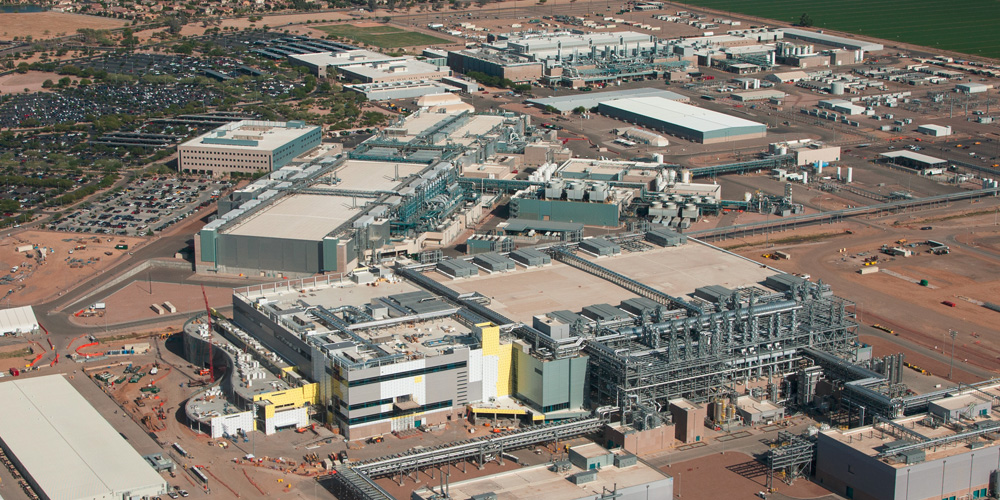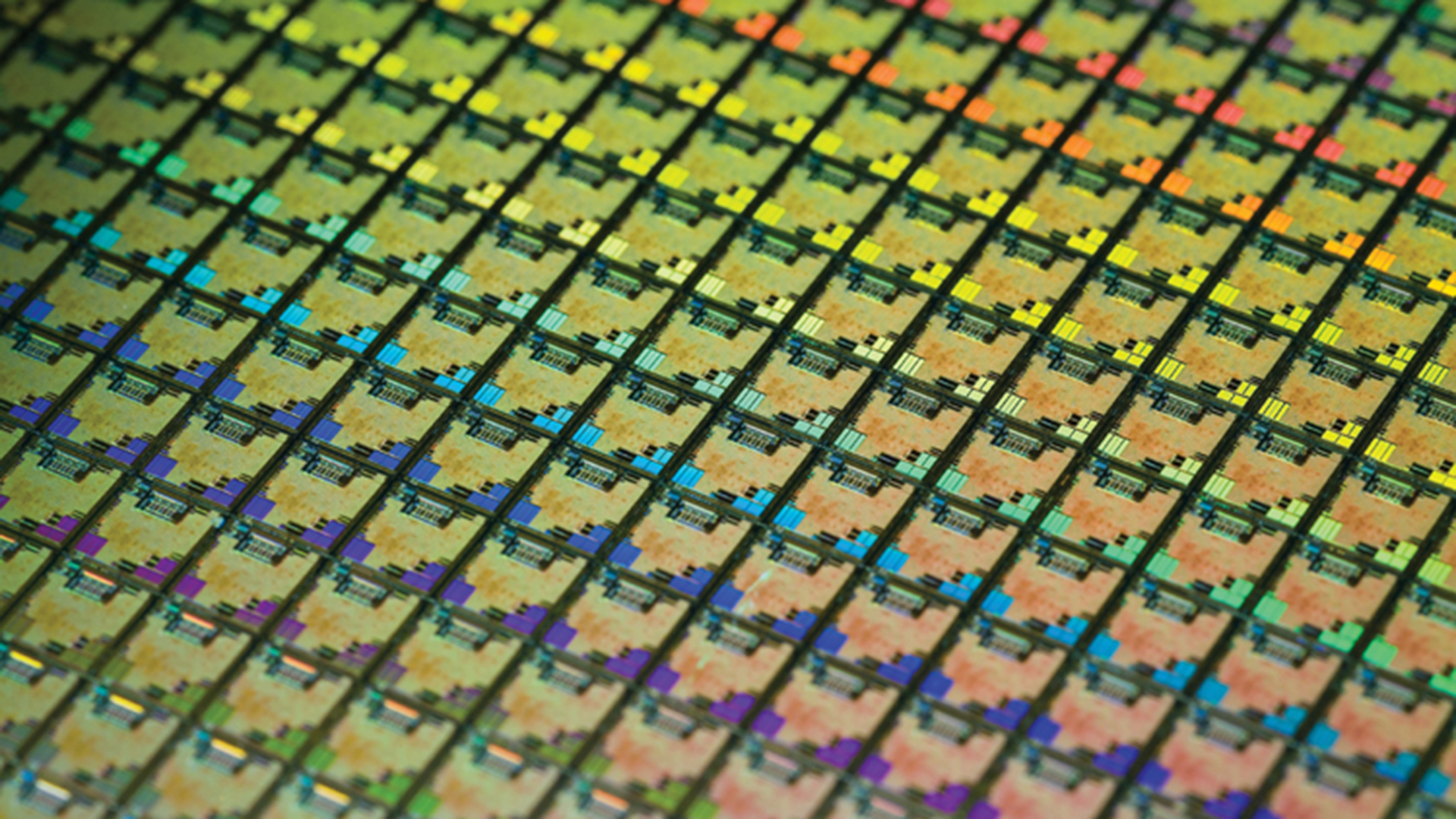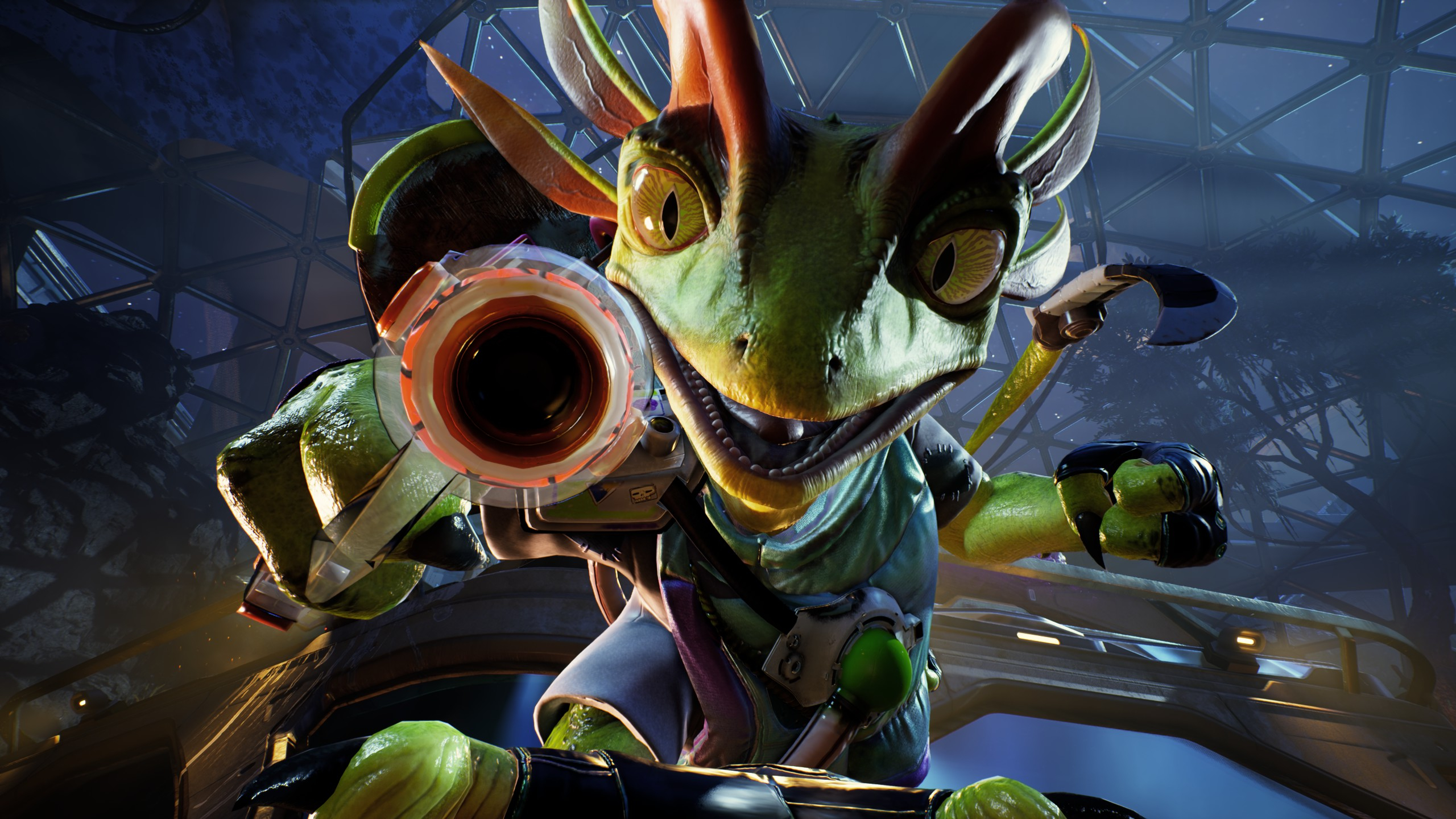Intel once again warns of chip shortage continuing until 2023
At least another year of this.

Keep up to date with the most important stories and the best deals, as picked by the PC Gamer team.
You are now subscribed
Your newsletter sign-up was successful
Want to add more newsletters?

Every Friday
GamesRadar+
Your weekly update on everything you could ever want to know about the games you already love, games we know you're going to love in the near future, and tales from the communities that surround them.

Every Thursday
GTA 6 O'clock
Our special GTA 6 newsletter, with breaking news, insider info, and rumor analysis from the award-winning GTA 6 O'clock experts.

Every Friday
Knowledge
From the creators of Edge: A weekly videogame industry newsletter with analysis from expert writers, guidance from professionals, and insight into what's on the horizon.

Every Thursday
The Setup
Hardware nerds unite, sign up to our free tech newsletter for a weekly digest of the hottest new tech, the latest gadgets on the test bench, and much more.

Every Wednesday
Switch 2 Spotlight
Sign up to our new Switch 2 newsletter, where we bring you the latest talking points on Nintendo's new console each week, bring you up to date on the news, and recommend what games to play.

Every Saturday
The Watchlist
Subscribe for a weekly digest of the movie and TV news that matters, direct to your inbox. From first-look trailers, interviews, reviews and explainers, we've got you covered.

Once a month
SFX
Get sneak previews, exclusive competitions and details of special events each month!
As the Omicron variant spreads rapidly around the globe and hopes of a quick end to the pandemic fade into the rearview mirror, so too does our hope for a quick end to widespread chip supply shortages. Intel CEO Pat Gelsinger, in an interview with Nikkei Asia, stated that he doesn’t expect the ongoing chip shortage to ease before 2023. Those plans for a new gaming rig might have to be delayed a little longer.
Gelsinger’s comments came during his South East Asia business trip, where Intel announced a $7.1B investment to expand its manufacturing in Malaysia. He teased even more Intel investment to come, saying: "I expect to announce our next major U.S. site and our next major European site in the near future as well." It’s good to see all major semiconductor manufacturers taking some of their huge profits and investing them, so that the world has some buffer to protect against future supply shocks.
The problem is, these facilities don’t just spring up overnight. Gelsinger himself said that additional manufacturing capacity can take at least three years to yield results. Intel’s previously announced expansions in the USA, Israel, and Ireland are still a long way from beginning production.

Best CPU for gaming: the top chips from Intel and AMD
Best graphics card: your perfect pixel-pusher awaits
Best SSD for gaming: get into the game ahead of the rest
Several big tech CEOs have made statements over the last few months with predictions of supply improvements in 2022, or even oversupply, but with the Omicron variant rapidly spreading, it feels like expectations are being reset. There’s a feeling of one step forward and two steps back. And it’s not just the pandemic. There’s the USA-China trade war, China-Taiwan and Russia-Ukraine concerns, protectionism, and even weather, such as that which affected Texas earlier in 2021.
It’s not all doom and gloom though. Disruptions to global supply chains are partly due to strict lockdowns and precautionary quarantines, something that governments are increasingly less likely to impose on a large scale. Keeping factories up and running is obviously critical for global supply chains.
Malaysia's Senior Minister of International Trade and Industry Mohamed Azmin Ali stated: "I have assured Pat (Gelsinger) that there will be no longer lockdowns, only targeted ones.” This seems to be a trend, especially since it’s looking more and more like Covid-19 will become endemic.

Still, sadly, it seems as though a return to normalcy in 2022 is looking more and more unrealistic. Consoles continue to disappear as soon as they are listed, DDR5 memory is pretty much unavailable and the GPU stock story isn’t changing. The GPU issue is as much a demand problem as it is a supply one. On that front, things should get better as mining demand begins to drop off as we get closer to Ethereum’s planned shift to a Proof of Stake consensus mechanism.
Keep up to date with the most important stories and the best deals, as picked by the PC Gamer team.
The investments that began at the of the pandemic will gradually start to bear fruit in 2022 and 2023. Let’s hope PC gamers have a happier 2022 holiday season. Building a new gaming rig right now isn’t impossible, but it’s still far more expensive than it should be.

Chris' gaming experiences go back to the mid-nineties when he conned his parents into buying an 'educational PC' that was conveniently overpowered to play Doom and Tie Fighter. He developed a love of extreme overclocking that destroyed his savings despite the cheaper hardware on offer via his job at a PC store. To afford more LN2 he began moonlighting as a reviewer for VR-Zone before jumping the fence to work for MSI Australia. Since then, he's gone back to journalism, enthusiastically reviewing the latest and greatest components for PC & Tech Authority, PC Powerplay and currently Australian Personal Computer magazine and PC Gamer. Chris still puts far too many hours into Borderlands 3, always striving to become a more efficient killer.

